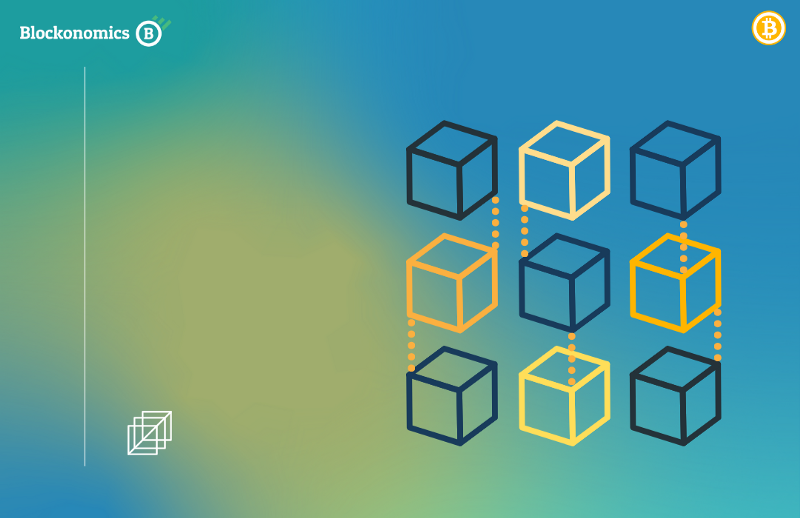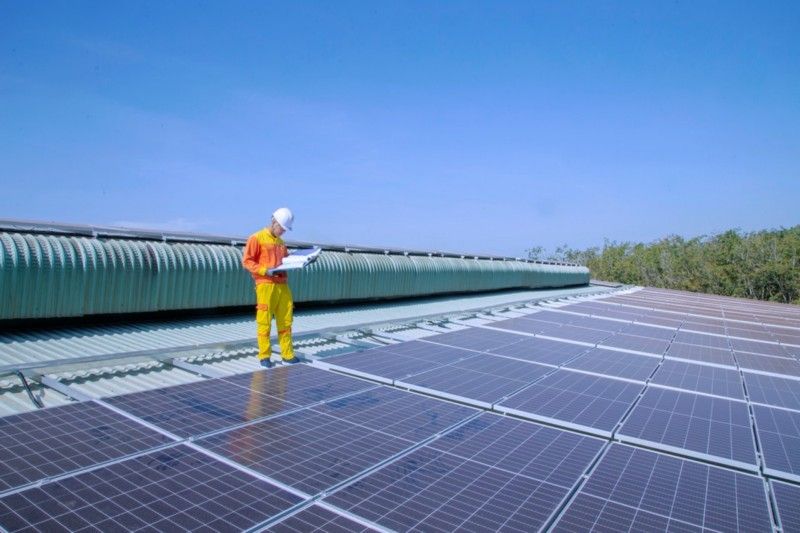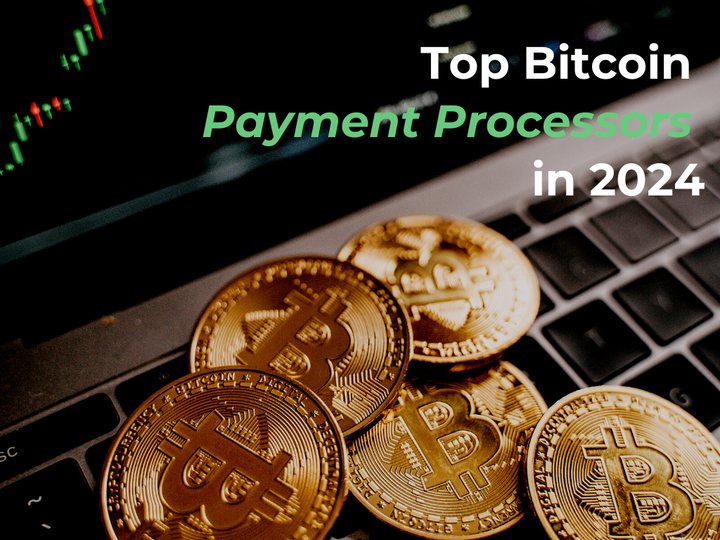Industries that will be Disrupted by Blockchain in the Future
Blockchain technology is perhaps one of the biggest disrupters to modern industry the likes of which were seen with the introduction of…

Blockchain technology is perhaps one of the biggest disrupters to modern industry the likes of which were seen with the introduction of the internet itself.
A distributed, immutable, encrypted ledger that records data in the form of transactions has tremendous implications in all sorts of industries, and works are already underway for its implementation.
Here are a few industries that would be disrupted by blockchain technology…
Financial/Banking
There is perhaps no other industry that would be as majorly disrupted by blockchain technology as the financial industry. Blockchain’s permissionless, decentralized payment system is revolutionizing the way financial transactions happen across the globe. With a distributed ledger, secure channel, and low processing time, blockchain truly makes payments a borderless process taking control away from banks and giving it back to the people.
And, it's not just payments where blockchain technology is applicable, another avenue that has seen the practical implementation of blockchain technology quite extensively is ICO or Initial Coin Offering, which is similar to raising funds but without the involvement or control of a venture firm. In its initial phase, almost every other blockchain project saw an ICO to raise funds for its development.
Furthermore, blockchain technology allows for the execution of something known as smart contracts, which are permissionless contracts that execute when specific condition(s) are met. This technology could potentially automate a number of financial tasks without the interference of a centralized financial authority.
Other key services that will see blockchain influence include securities, loans and credits, KYC — AML, trade, and finance.
Government
Government is likely to see a lot of utilization of blockchain technology. Governments are responsibly managing an entire population and providing a host of services to their citizens. With blockchain, services can be automated, better managed, and made more transparent. This would not only reduce corruption but also increase trust among the citizens.
A lot of government organizations have already announced plans or are in the process of developing their own digital currencies. And although there is still resistance related to bitcoin and digital assets among government organizations, they do seem to support blockchain technology.
Voting can be made more transparent and accessible to the public with an immutable and distributed ledger that cannot be tampered with.
Similarly, notary services, taxes, asset registry, digital IDs can all see an implementation of blockchain to provide for a more transparent and robust operation of tasks.
Data Security
Blockchain currently is one of the most robust and advanced data security technology available to the public. As data becomes more precious, its protection is a challenge that companies would have to address, and thankfully blockchain has the answer.
Blockchain distributed ledger takes away control from one central node and distributes it across a network, reducing vulnerability. Added that to the encrypted transactions that need unique cryptographic signatures to validate transactions makes sure that data cannot be tampered with or accessed without proper permission.

With the power of smart contracts, data security can add a level of automation that would allow transactions to happen when certain conditions are met. This would allow transactions to happen without a central figure plus would provide authenticity to transactions that would otherwise have been a time-consuming and labor-intensive process.
Internet of Things [IoT]
Internet of Things is perhaps one of the best use cases of blockchain. A network of devices communicating and exchanging information over the internet can not only make use of blockchain technology but also use it to greatly improve its efficiency.
With blockchain, IoT data can be shared and accessed without the need for a central authority. The transactions will be permissionless and can be easily verified, this would greatly increase trust in the system as the chain is inherently immutable. Plus, the robust level of encryption that blockchain provides would make tampering with the data virtually impossible.
Another major advantage of using blockchain is the ability to process fast transactions which would facilitate the coordination of the billions of devices that would be connected to the network.
All of this with reduced costs as most middlemen and intermediaries required, both human or digital, would be eliminated.
Energy
It is no secret that blockchain transactions are an energy-intensive process. A single bitcoin transaction can take up almost as much energy as the month-long energy consumption of an average US household.
Bitcoin and other cryptocurrencies' energy consumption has been a topic of debate for quite some time. Elon Musk made a controversial move of discontinuing bitcoin payments for this company Tesla citing a high carbon footprint for bitcoin transactions.

There is has been a constant push for bitcoin to implement a more carbon-friendly energy source. Given the rising popularity of bitcoin and other cryptocurrencies and more energy-conscious outlook is much needed.
As for the energy industry itself, it is set to benefit largely from the blockchain. Using blockchain clean energy companies can provide access to energy grids directly to the end consumer without the need for middlemen. This would give consumers full control over where they source their energy from and also drive up the competition as new players would want a slice of the market share.
Conclusion
Blockchain is poised to disrupt a lot of industries in the future but the biggest disruptor without a doubt remains to be the financial sector. With a trustless and decentralized model, blockchain will certainly revolutionize payments and transactions.
Governments and companies alike have expressed an interest in blockchain technology and are all in the process of understanding how it can be implemented.
Large data is a challenge many industries have already started to face and with blockchain not only efficiency but security and cost-effectiveness can be achieved.
As this technology evolves with time, we all stand to see how it impacts various industries. It certainly is an exciting time for blockchain.


![Top 10 Tools and Resources for Crypto Research [2021]](/content/images/size/w720/max/800/1-kDyyUnRCD656bm2ny-jHag.png)

Comments ()